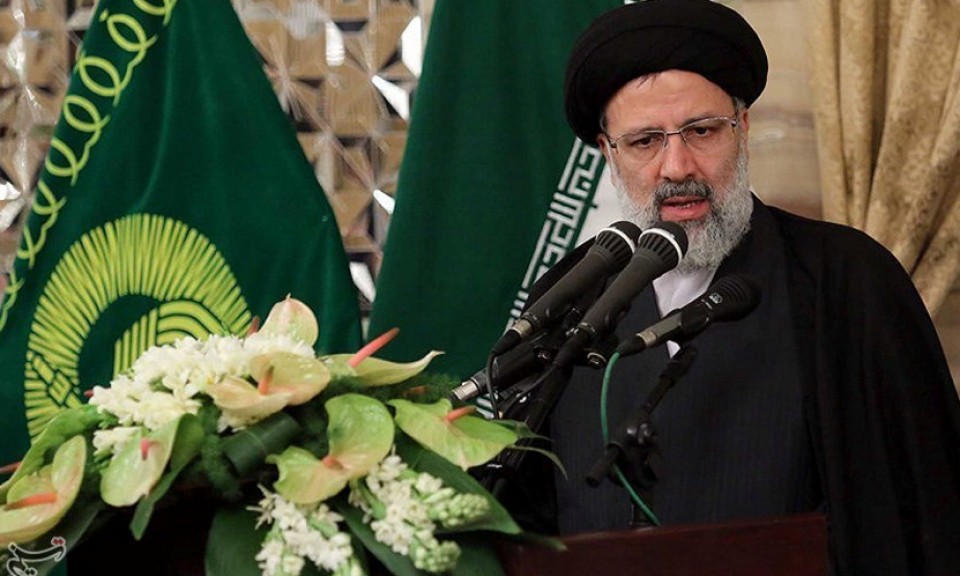London- Ebrahim Raisi, who lost in the Iranian presidential elections, met Thursday with Commander of Iran’s Revolutionary Guards (IRGC) Quds Force Qasem Soleimani and chairman of the Assembly of Experts Ahmad Jannati in addition to the members of the National Security Council and Foreign Policy in the Iranian parliament in Mashhad.
Raisi implicitly slammed President Hassan Rouhani’s criticism for the IRGC, considering that any negative stance that aims at weakening the Revolutionary Guards opposes national interests.
Iranian media did not mention details about the meeting between the three Iranian officials after one month of Raisi’s defeat in the presidential elections.
After serving in a series of increasingly powerful judicial posts, Raisi was appointed in March 2016 by Supreme Leader Ali Khamenei to head the Imam Reza shrine.
Known as Astan Quds Razavi, it runs Iran’s holiest shrine as well as a huge business conglomerate with interests.
Before the elections, Raisi was one of the most prominent figures to replace the current leader in the mandate of the jurist and many believe that his entry into the race for presidency was to boost his presence in the Iranian political arena because of his short record of legal posts filled over the past 36 years.
For his part, Jannati also heads the Council of Guardians, which supervises the presidential elections. He lost the elections in May 2016 and received 16 million votes against 26 million for Rouhani.
The meeting comes at a time when Rohani is carrying out consultations to form a new government before Khamenei signs the ruling of the presidency and takes the constitutional oath in the parliament in less than two months.
Meanwhile, Raisi’s allies are carrying out consultations to declare a “shadow government” that would put pressure on Rouhani’s administration over the next four years.
On the other hand, Raisi defended, during his meeting with the parliamentary council, the ballistic missiles program and said that his country does not want the defensive structure and missiles for war, yet it wants them to prevent waging any war.
Iran’s strategy is defensive, and it looks forward to developing missiles with the aim of deterrence, Raisi said.
